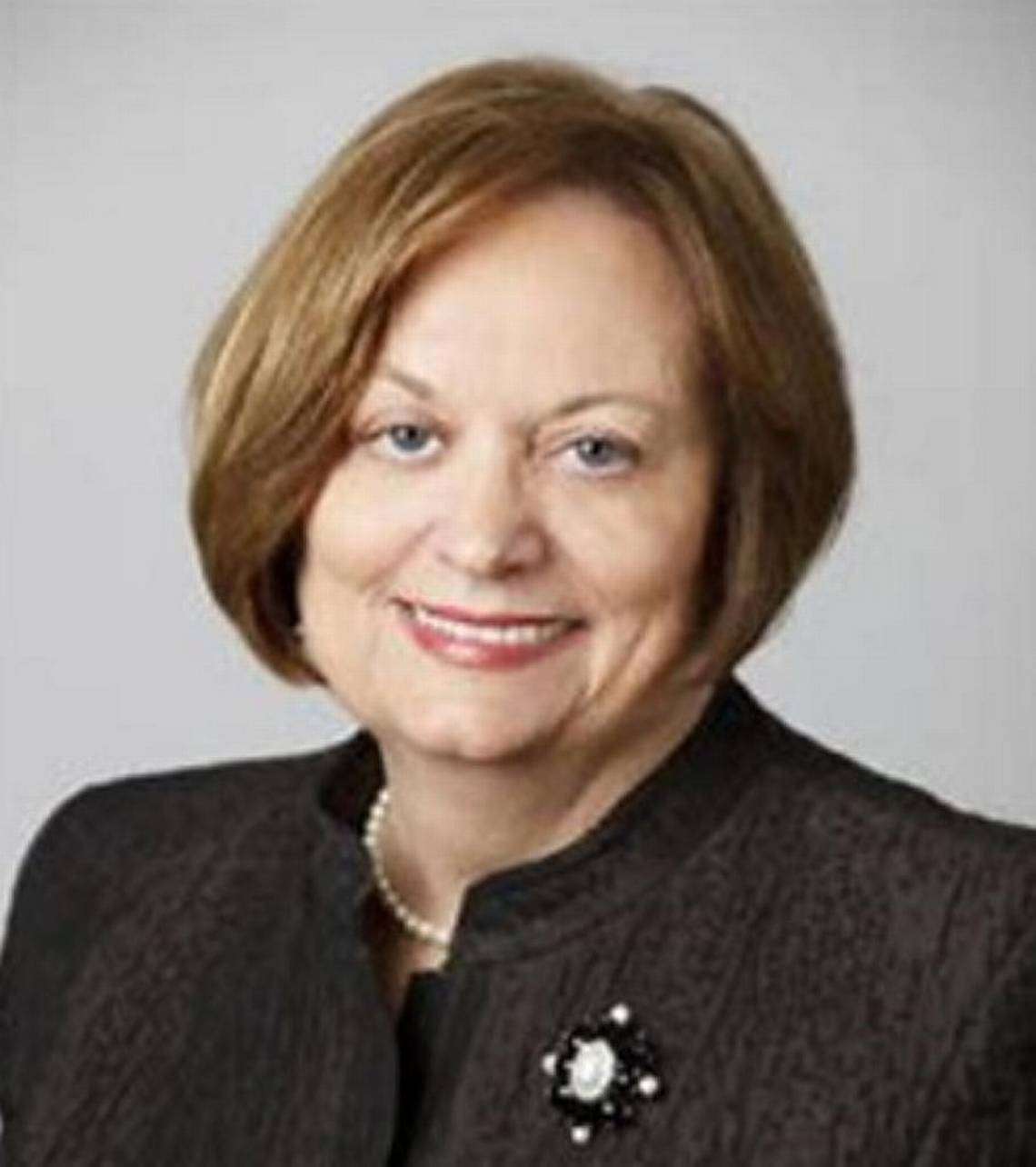
Big-time, outside money has spread across Kansas elections for years but it hasn’t, until now, attempted to influence the most grassroots and least national-issue driven of all elections—the vote to choose who sits on a local school board.
In Kansas, candidates do not run as the nominee of a political party, but as local citizens. All school board elections are nonpartisan. So, it is surprising that a national Political Action Committee is taking an interest in who will sit on our school boards come November.

The 1776 Project PAC is backing as many as 50 school board races in seven states. A total of 13 school board candidates in Lansing, Olathe, Blue Valley, Shawnee Mission and Andover are slated to be supported according to Ryan Girdusky, head of the 1776 PAC in an interview with the Sunflower State Journal. The 1776 PAC opposes teaching critical race theory.
PACs get contributions mostly from wealthy individuals, corporations, labor unions and national organizations. Voters often don’t know the names of those supporting any given PAC.
Wichita is the only school district in Kansas large enough to be covered by the state ethics commission. In the other districts there is no limit on the size of campaign contributions.
Contributions to campaigns are limited for individuals and corporations, but Political Action Committees may, not only make contributions to candidates, they can influence elections through unlimited expenditures independently of a candidate or political party.
“We’re backing slates,” Girdusky said. “We want to take over the entire school board.”
Typically, PACs use advertising, social media and political-advocacy news outlets to support their candidates and attack messages to discourage votes for opposition candidates.
Also typically, as soon as one PAC appears on multiple communication platforms, the opposition political party strikes back with a PAC sympathetic to its candidate or cause.
Bringing the 1776 Project into Kansas school board elections is puzzling, because it’s basically pursuing a moot argument. In July the Kansas State Board of Education published a letter saying that critical race theory is not and never has been part of the state’s educational standards.
The board then pointed out that critical race theory is “not interchangeable with educational equity” which is “evident in federal and state education policies” taught across all schools in Kansas.
In other words, Kansas schools do not teach theories of history just as they don’t teach differential equations to six-year-olds, but six-year-olds do understand respect for others and they are taught racism is wrong. Racist events and conditions in our state and nation are explained accurately and discussed widely in Kansas schools but theoretical critiques are left to university-level study.
PACs like the 1776 Project are front-line warriors in culture-war battles. Their huge resources create massive megaphones that can skew elections toward hot-button non-issues and away from the democratic process of one person, one vote.
PACs can divert voters from other issues that face schools such as increasing achievement of our lowest performing students, preparing all students to enter higher education or the workforce, enhancing reading, math and civics education and expanding early childhood learning.
Kansas doesn’t need school boards taken over by any special interest group. Kansas needs school boards taken over by reasonable, capable people with differing viewpoints who are committed to their local schools and are willing to do this difficult work without pay.
Sharon Hartin Iorio is Dean Emerita Wichita State University College of Education.






